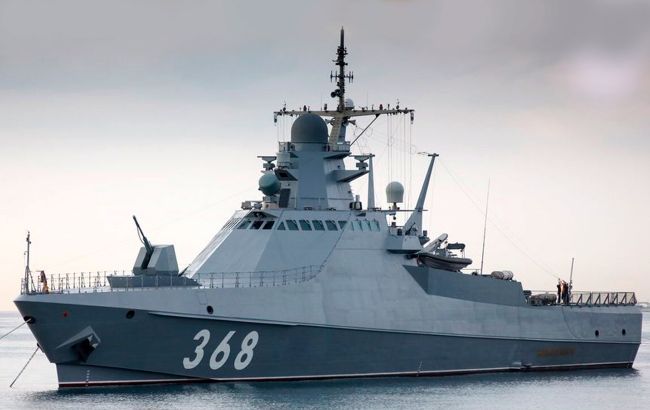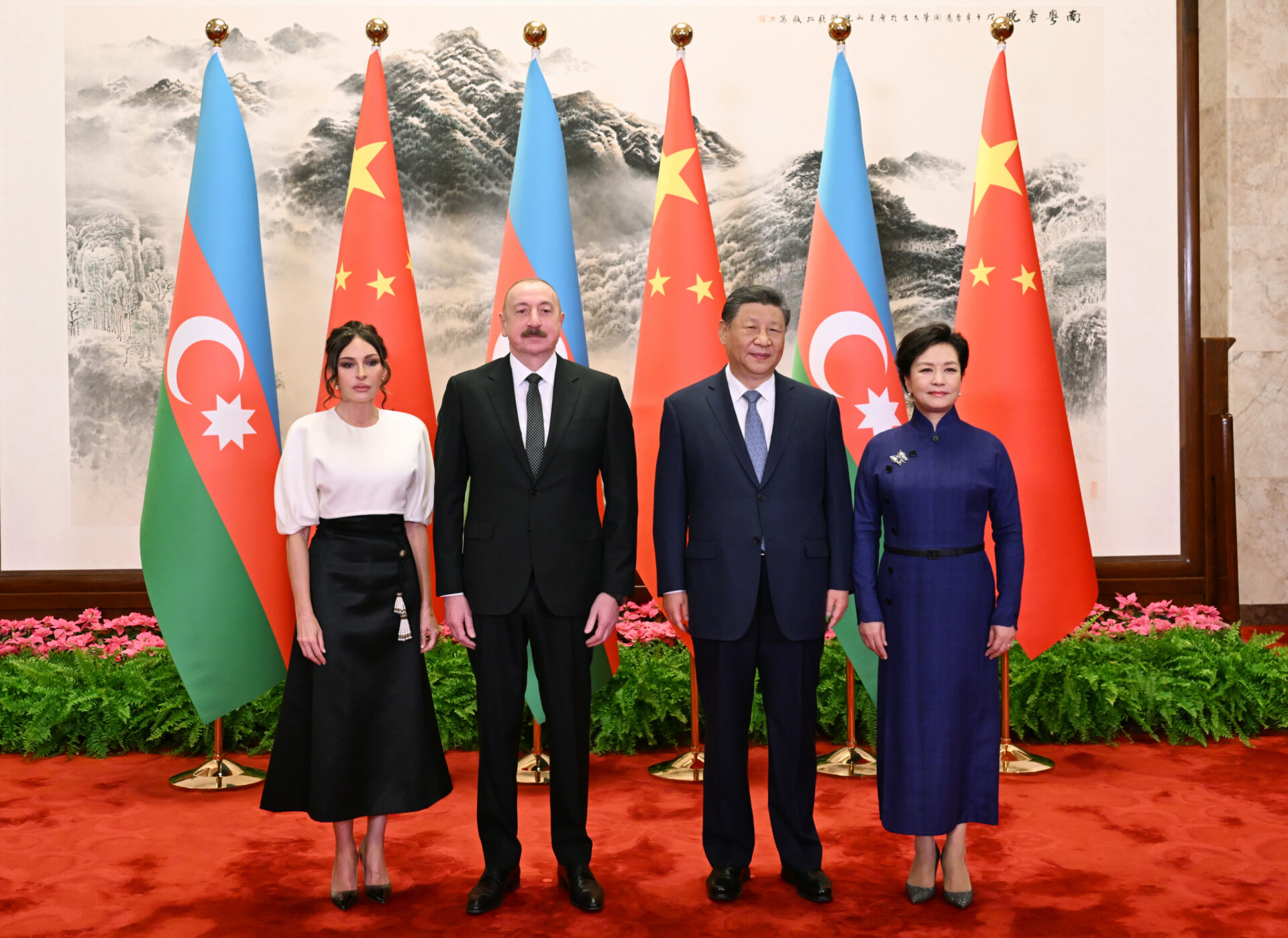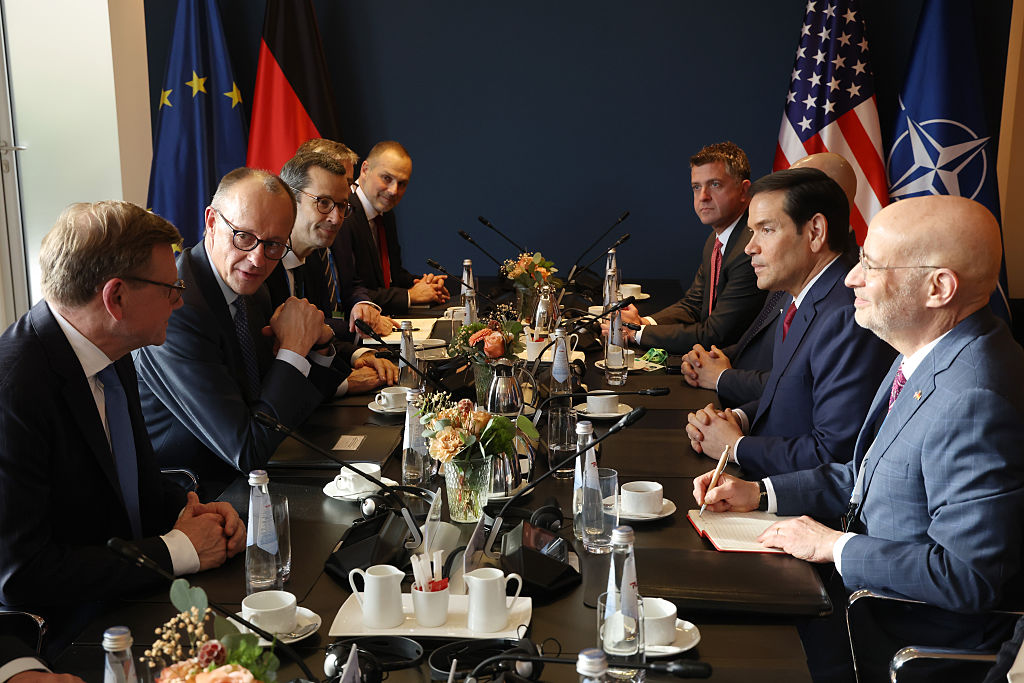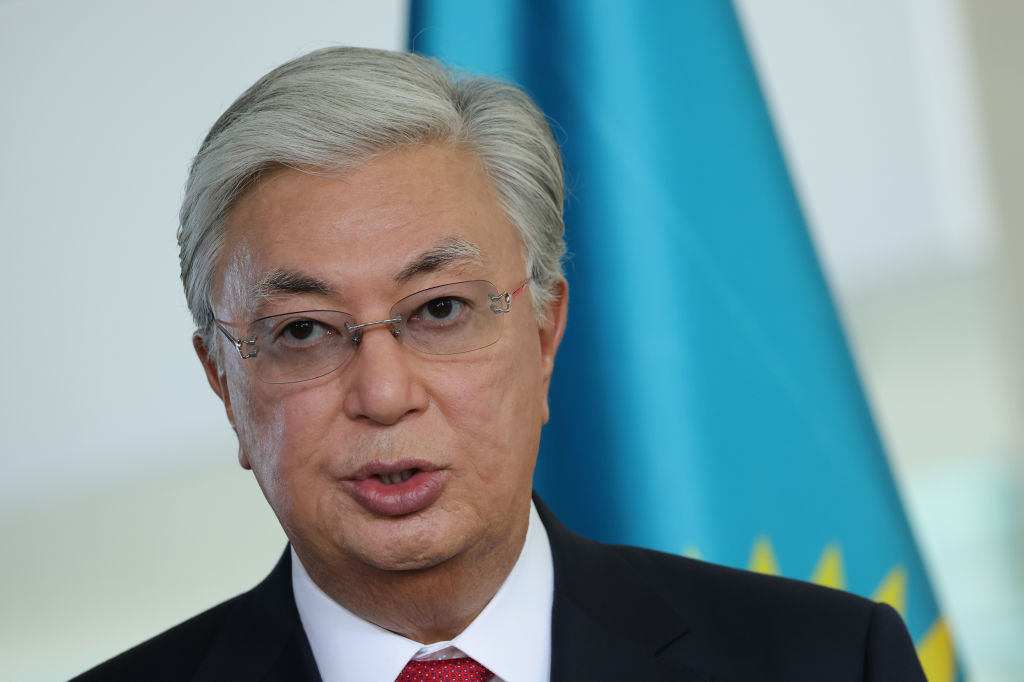
Ukrainian Trade Blockade: Foretaste of Russian Hegemony in the Black Sea (Part Two)
Ukrainian Trade Blockade: Foretaste of Russian Hegemony in the Black Sea (Part Two)
*Read Part One.
Russia has turned much of the Black Sea into another theater of protracted conflict, adding a sizeable maritime dimension to the land dimension. This conflict at sea reproduces some key features of the preexisting, Russian-initiated protracted conflicts on land around the Black Sea—notably Abkhazia, South Ossetia, Transnistria, Donbas and Crimea.
In this, Moscow seems to follow a set model. First, igniting the military conflict enables Russia to establish full control over a certain territory—this is a maritime space in the case of the Black Sea.
Second, Russia occupies the territory or establishes naval and air supremacy in the case at hand, by default uncontested.
Third, Russia’s presence ipso facto deters the entry of foreign powers or meaningful international oversight, as seen again in this case: Western naval powers have kept out of the Black Sea since January 2022 (remote intelligence collection remains possible).
Fourth, Russia de-facto annexes portions of the aggressed country’s territory, unilaterally shifting internationally recognized borders—in this case, by seizing portions of that country’s territorial waters and exclusive economic zones (Ukraine’s from 2014 to date and Georgia’s earlier).
Fifth, Moscow takes the controlled territory outside the purview of international law by imposing Russia’s own rules for navigation and trade in the Black Sea, exemplified both by the grain deal and the deal’s suspension.
Sixth, Russia reserves the option of pausing and restarting military actions at will in this maritime space (see above) on the pattern seen in earlier protracted conflicts on land.
On the other hand, the suspended grain deal repeats the earlier failed attempts to address the protracted conflicts in this region by cooperating with the aggressor Russia. This approach considers Russia an inescapable, sometimes even desirable, problem-solver and stabilizer instead of recognizing it as the source of violent destabilization and originator of war.
The grain deal is reminiscent of those earlier failed attempts in its basic premises. First, it addresses a single dimension of the conflict—a derivative economic dimension—failing to recognize and address the conflict’s essence.
Second, the international authors and supporters of the grain deal have closed their eyes to Russia’s destruction of international law in much of the Black Sea (as in mainland Ukraine and all protracted conflicts in the region). Thus, the United Nations and other parties have been trying to make the grain deal work on Russian-designed rules and conditions.
Third, all Russian-driven protracted conflicts in the region have shown the dangers of entering into agreements with Moscow when Western powers are absent from the theater and have little appetite for entering it.
Fourth, in such circumstances, Russia alone holds the power to enforce the deal or select parts of it, impose Russia’s own interpretation of the deal, exceed the deal’s terms, violate it outright or threaten to discontinue it, all with impunity.
Fifth, the international framework created to administer the grain deal, involving Russia, the UN, Turkey and Ukraine, is also reminiscent of the earlier protracted conflicts in the wider Black Sea region. It excludes Western powers, allows Russia to wield unmatched leverage over Ukraine and the other participants and can hardly count on Turkey’s objectivity, given the massive economic incentives that Moscow holds out to Ankara.
Sixth, such an international framework, however inadequate in itself, lends a semblance of legitimacy to Russia’s utterly illegitimate actions, as in the previous cases.
Russia’s unilateral suspension of the Black Sea Grain Initiative (which allowed Ukraine to export agricultural commodities) means, in practice: canceling the “humanitarian corridor” within which Russia allowed merchant ships to pass through the international waters of the Black Sea and revoking the Kremlin’s guarantees of safe commercial navigation through that corridor or elsewhere in the Black Sea, whether in international or Ukrainian territorial waters and air space.
Those “guarantees” were conditional in the first place, and Moscow considered itself unbound since July 17, the day it suspended the grain deal. Accordingly, the Russian Defense Ministry issued an all-around warning on July 18: “Effective from 00:00 hrs Moscow time on July 20, all ships headed for Ukrainian ports shall be regarded as potential carriers of military cargoes” (TASS, July 17, 18).
Simultaneously, the Russian Foreign Ministry notified the International Maritime Organization (a specialized UN agency): “Effective from July 18, Russia cancels the humanitarian corridor and withdraws its guarantees to the safety of shipping in the Black Sea” (TASS, July 17, 18).
From July 18 through July 24, Russia repeatedly launched drone and missile strikes on Odesa, nearby Chornomorsk port and, unprecedentedly, on Ukrainian inland ports along the Danube River that serve as grain export outlets (see Part One).
Senior Russian officials variously claimed that the strikes were “preventive” or “retaliatory.” According to the Foreign Ministry, those strikes targeted port installations where terrorist acts against the Kerch Strait Bridge and Sevastopol were being prepared (TASS, July 21, 23). According to the Russian delegation to the UN Security Council, Ukraine has used the grain deal to disguise military activities, and its ports are involved in the deal to receive Western weapons. Russia regards Ukrainian ports as legitimate targets, foreign ships headed for those ports as potential carriers of military cargo and the flagging countries of such ships as involved in the conflict on Ukraine’s side (TASS, July 21, 26). Moscow had seemingly discovered those nefarious activities only when it discontinued the grain deal, not during the 12 months of the deal’s operation.
The grain deal was inherently flawed from its inception. Russia has suspended it not only because Moscow’s conditionalities remain unfulfilled to date. Beyond that, a full blockade of Ukraine’s Black Sea ports enables Moscow to move into Kyiv’s market niches globally, thus cutting off Ukraine from a significant source of its national revenue and maximizing Russia’s.


